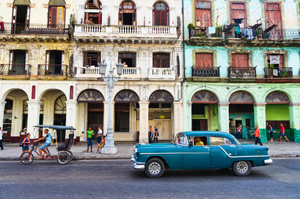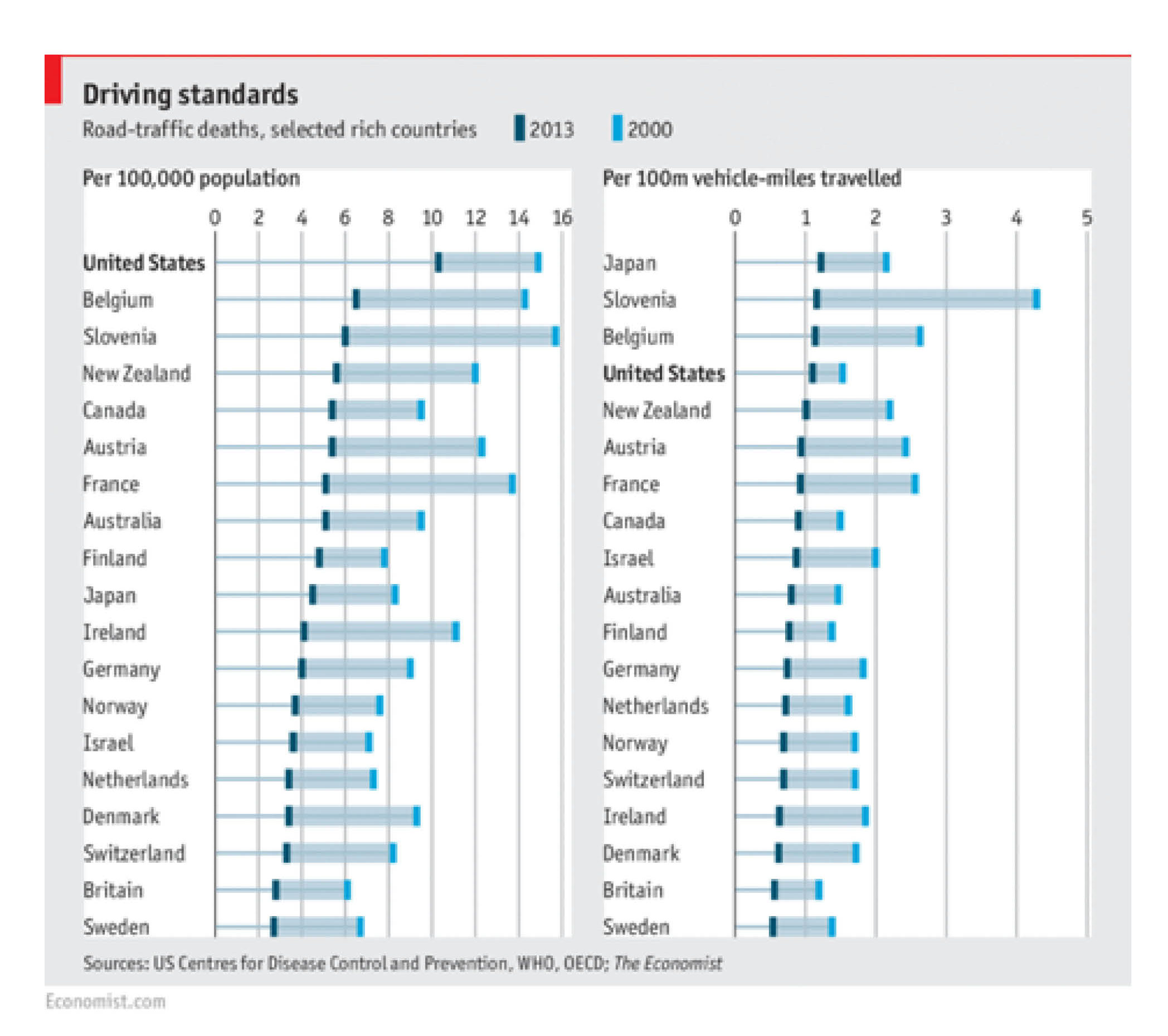rebel Financial is a Registered Investment Advisor that provides retirement planning, estate planning, financial planning, and investment management services to individual and institutional clients. To get a more detailed description of the company, its management, and practices, view our (form ADV, Part2A) and Disclosures.
Fiduciary & Fee-Only Financial Advisors and Planners

 Just over 35,000 Americans were killed in automobile crashes in 2015, a 7% increase over the previous year, which represented the largest annual increase since 1965. Does that mean Americans are less safe, or more safe, than drivers in other parts of the developed world?
Just over 35,000 Americans were killed in automobile crashes in 2015, a 7% increase over the previous year, which represented the largest annual increase since 1965. Does that mean Americans are less safe, or more safe, than drivers in other parts of the developed world?





